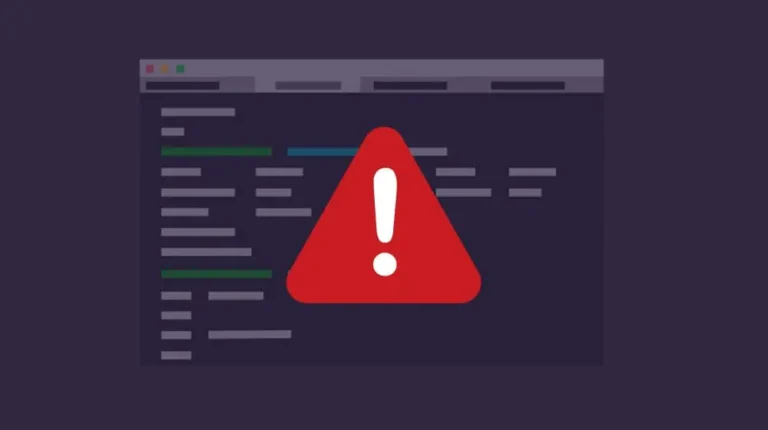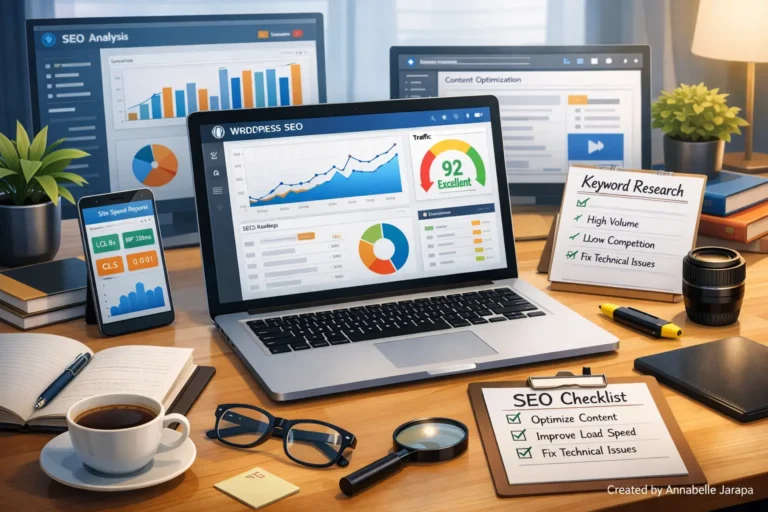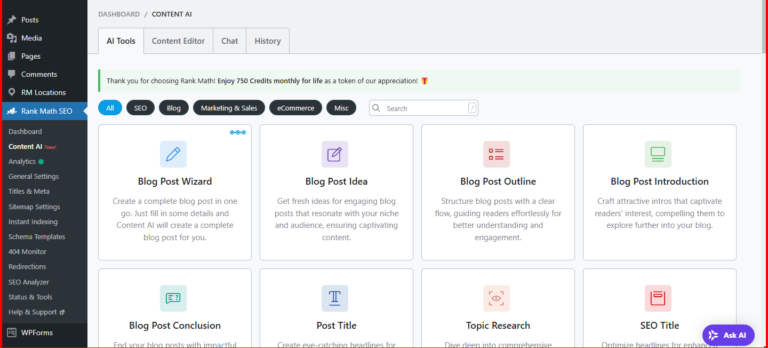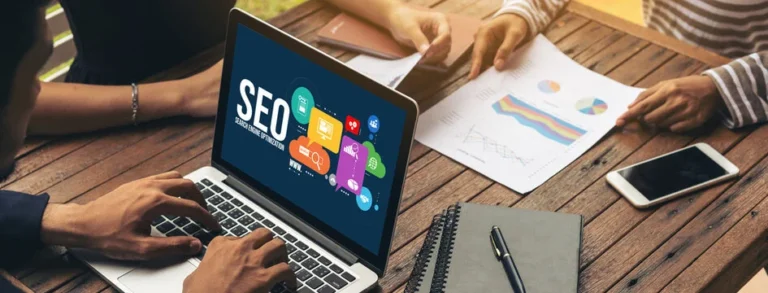The internet has completely changed how businesses talk to their customers in this digital age. Small and medium-sized businesses (SMBs) can grow and become more well-known through local search, even though they need to reach people all over the world. Local search engine optimization, or SEO, can help businesses do better than their competitors and get to the top of local search results a lot.
Local SEO tries to make your business more visible online so that people who look for things related to your business in your area will come to you. This type of SEO is important because it helps companies show up in local searches, whether people are looking for “near me” businesses or specific services in their city or town.
After reading this blog post, you should be able to do better in local search results than your competitors. To do this, I will show you five easy steps. These strategies will not only help you get more publicity, but they will also help your reputation, bring you more targeted visitors, and turn leads into loyal customers.
Section 1: Get a basic understanding of local SEO
Before you start using strategies, you need to know what local SEO is and why it’s important for your business. The following things will be talked about in this section:
How does Local SEO work?
The process of making your website better so that it shows up higher in local search results for related terms is called local SEO. Using location-based algorithms, Google shows users the businesses that are most relevant to their search question and where they are located.
Why does it matter for local SEO?
Local SEO is a huge step forward for businesses that want to reach people in a certain area with their services or real locations. What are some of the reasons for this?
- Better visibility: Local SEO helps your business show up in search results when people are looking for businesses like yours.
- Targeted Traffic: If you can get more nearby, relevant users, you may be able to get more people to buy from you.
- Competitive Advantage: If you make the most of your local presence, you can do better than competitors who haven’t spent any money on local SEO.
- People are more likely to trust a business that shows up on the first page of search results or in the neighborhood “map pack.”
What Makes Local and Regular SEO Different
Standard SEO and local SEO are similar, but geo-targeting is part of local SEO. Traditional SEO is mostly about ranking for a set of keywords, while local SEO focusses on promoting content that is useful to people in your area and takes your location into account.
Section 2: Improve Your Google My Business (GMB) Page
One of the best ways to improve your local rankings is to optimize your Google My Business (GMB) page. This is often the first time potential customers see your business in local search results, so making it look good can help your rankings and exposure a lot.
What does Google My Business do?
Free Google My Business (GMB) lets businesses take charge of their online profile on Google Maps and Search. For local SEO to work, you need to make sure your GMB page is optimized.
Important Things You Need to Do to Improve Your Google My Business Listing:
- Check your listing and claim it.
The first thing you need to do is claim your Google My Business page. If your business isn’t already listed, you will need to make one. Google will send a postcard to your business address to confirm the listing. - Fill out the Form for Business Information.
Check that all the information you give is correct and consistent. This includes the name of your business, its location, phone number, website, hours of operation, and a description. This is very important for local SEO and helps Google confirm that your business is real. - Pick out the right categories.
Pick the business areas that work best for your company. Choose both main and secondary categories to help Google understand what kind of business you have and to improve your chances of showing up in relevant searches. - Add videos and pictures.
Search engines like your business more when you add pictures and movies to it. Google’s study shows that businesses that use photos get 35% more clicks to their websites and 42% more requests for directions. - Get people to write reviews.
Reviews are a very important part of local SEO because they help your site rank higher. Get your satisfied customers to leave you great reviews on your GMB page. Respond to reviews, both good and bad, to show that you care about your customers. - Update your site often
Using GMB’s “Posts” tool, you can let people know about events, blog posts, sales, and company news. These posts, which show up in your profile, can help people in your area find you.
Part 3: Create and improve local citations
Citations that list your name, address, and phone number (NAP) on other websites are called local citations. These citations may have a big effect on how well you do in area search results. This part will talk about the importance of local links and how to make them and make them better for SEO.
What do local penalties mean?
When other websites, like local blogs, directories, and review sites, talk about your business, this is called a local reference. When they include correct NAP information, these links help Google verify your business and raise your local search ranks.
How to Get Citations in Your Area:
- Add to the right local directories to create local citations
Start by adding your business to well-known online sites like Bing Places, Yelp, and Yellow Pages. Also, you should think about the listings that are specific to your field or area. - Make sure that all of your citations are correct.
All of your sources must use the same NAP information. Data that doesn’t match up could make Google confused, which could hurt your results. - Pay attention to how you cite things.
Check your citations often to make sure they are right and up to date. You can keep an eye on your links on different platforms with the help of Yext and Moz Local. - Use sites that have a lot of authority.
The goal is to get citations on trustworthy websites, like those run by the Chamber of Commerce, neighborhood blogs, and news outlets. These things can help your reputation and move you up in neighborhood search results. - Encourage customer feedback
Along with business directories, try to get cited by clients, influential people, and local bloggers. Your area search engine optimization can be helped by these kinds of titles.
Part 4: Make your website easy for local search engines to find
Even though Google My Business and citations are important, your website is the most important part of your online profile. If you want to get the most out of local SEO, make sure that your whole website is set up for local searches.
How to Make Your Website Better for Local SEO:
Getting your website ready for local search engine optimization by using local keywords
Find local-focused terms (like “best pizza in [your city]”). Use these keywords in a way that makes sense in your website’s names, header tags, body text, and meta descriptions.
- Make landing pages based on where you are.
If you serve more than one place, make landing pages that are just for that one. These websites should have location-based keywords and relevant content, like case studies and recommendations from local clients. - Structured data (Schema Markup) should be included.
Structured data, or schema code, can help search engines learn more about your business and where it is located. Search engines can use this markup to find out about your business, such as its name, location, phone number, and business hours. - Make your site work on phones.
Because so many area searches are done on phones, it’s important to have a website that works well on mobile devices. Use flexible design, make it easy to find your way around, and make sure the site loads quickly. - Get your website to load faster.
Users and SEO results are both affected by how fast a website loads. Use tools like Google PageSpeed Insights to check your website’s speed and make it faster.
Section 5: Use the techniques for building local links in Step 4.
Building links is an important part of SEO, and using local link building strategies can help you do better in local SEO. We’ll talk about a few strategies below that can help you get good neighborhood backlinks.
What are local backlinks and why are they important?
Backlinks from neighborhood groups, blogs, and websites in your area can make your site more trustworthy in local searches. These links tell Google that people in the area like and trust your business.
How to Get Backlinks in Your Area:
- Building up local backlinks
If you support local events or charities, the news releases, social media pages, and website for the event might link back to your site. - You can work with bloggers and influencers in the area.
Work with bloggers or other influential people in your area to create content that has backlinks to your website. One way to do this would be to use paid material, product reviews, or guest blogs. - Join business organizations in your area.
When you join a local chamber of commerce, business network, or other group, you often get backlinks from those groups. - Make local content
Make content that is relevant to your area, like case studies, events, or news from the area. Sites in the area may refer to your content as a useful resource.
Step 5 of Section 6: Keep an eye on and change your local SEO strategy
Local SEO is no different from the rest of SEO because it is always changing. To stay ahead of the competition and move up in the rankings, you need to regularly evaluate and change the way you do things.
Tools to Keep an Eye on Your Local SEO:
- Use Google Analytics to keep an eye on user behavior, website traffic, and sales.
- Check out Google Search Console to see how well your website does in search results. It gives you information like click-through rates, impressions, and topic ranks.
- Resources for local search engine optimization
Tools like Yext, BrightLocal, and Moz Local can help you look at citations, keep an eye on your local results, and find new areas to improve.
How to Make Changes to Your Local SEO Plan
- Stay up to date on changes to the Google Algorithm
Google’s search engines are always being changed. If anything changes that could affect your local search ranks, you should change how you do things. - Check and Make It Better
Test and improve your website and GMB page over and over to find out what works best. The text, call-to-action buttons, and local landing pages can all be made better with A/B testing. - Look at the strategies your competitors are using.
Pay close attention to how your competitors use local SEO to find ways you can do better.
Last thoughts
To get good at local search engine optimization, you have to keep at it and pay close attention to the little things. These five easy steps will not only improve your local web profile, but they will also make it more likely that you will do better than your competitors. No matter how big or small your business is, these tips will help it stand out in the local market and get more customers from relevant local searches.
Stay the same, adapt to changes, and keep making your plan better as your business grows. One of the best ways to get to the top of local search results and turn people who are searching locally into loyal customers is to use local SEO.




